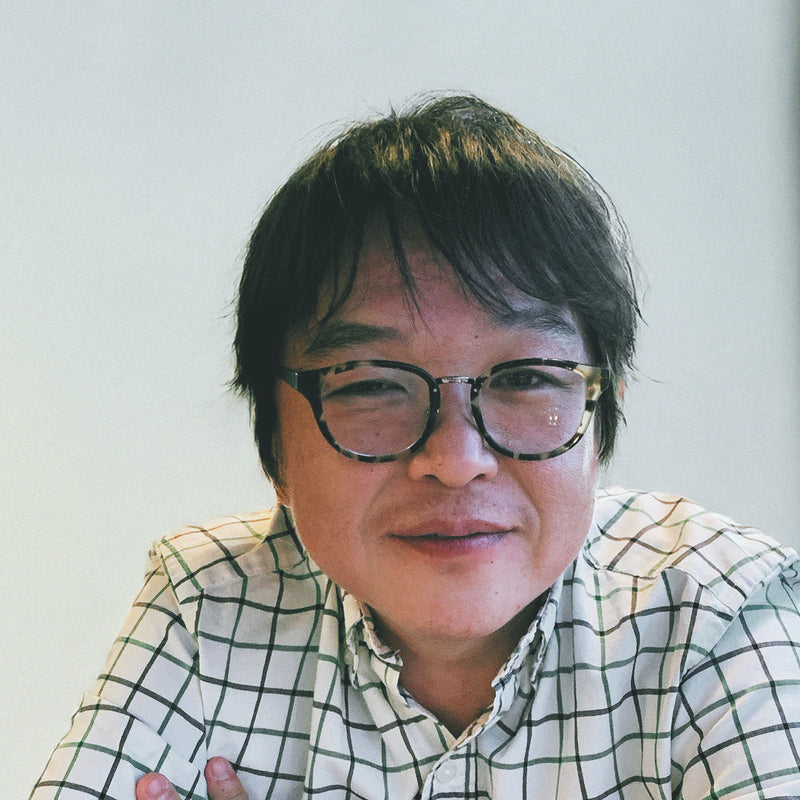As a student, your tasks are abundant, and with them come numerous responsibilities that require your unwavering attention. Concentration, motivation, and keeping up with academic demands can be arduous tasks. However, what if we disclosed an inconspicuous solution that could enhance your study skills and improve your cognitive function with a cup of tea? Yes, you heard that right, and we are not jesting. Tea's potential surpasses all expectations regarding augmenting your mental acuity and cognition.
This article is devoted to deciphering how tea can be a remarkable catalyst that propels you toward effective and efficient study. The health benefits of Japanese tea are well documented, numerous, and universally acknowledged. So let us delve into the mysterious world of Japanese tea and unravel its successful secrets.
Matcha - The Ultimate Brain Booster
Matcha, a variety of green tea pulverized into a delicate powder, is held in great esteem by scholars in Japan owing to its formidable capacity for antioxidants, amino acids, and caffeine. The benefits of matcha surpass its nutritional worth, as it is believed to heighten intellectual lucidity and cognitive ability, thereby rendering it the ideal refreshment for students in pursuit of optimizing their academic endeavors.

One of the critical constituents of matcha responsible for its cognitive-boosting properties is L-theanine, which is known to induce a state of relaxed alertness in individuals who consume it. This unique effect of L-theanine has been shown to alleviate stress and anxiety, thereby improving overall cognitive performance. Furthermore, the caffeine content in matcha provides a sustained and steady energy boost that can enhance concentration and memory retention, enhancing its benefits for students.
Matcha is a highly recommended beverage for students seeking to improve their studies due to its potent blend of antioxidants, amino acids, and caffeine. Its ability to induce relaxed alertness and a sustained energy boost makes it ideal for those seeking to optimize their cognitive performance and improve their overall learning outcomes.
Sencha - The Everyday Tea for Studying
Sencha, a green tea variant hailing from Japan, boasts a wealth of nutrients and antioxidants to bolster cognitive function. One such component is theanine, an exclusive amino acid that has been linked to heightened alpha wave production in the brain, fostering relaxation and mental acuity.
Furthermore, the abundance of antioxidants in Sencha tea has been observed to help safeguard against cognitive decline while enhancing memory retention. In addition, habitual intake of Sencha tea may help mitigate stress and anxiety, thus facilitating improved overall mental wellness.
Genmaicha - The Brain-Boosting Tea with a Nutty Twist
Genmaicha, an exquisite Japanese tea, is truly one-of-a-kind as it harmoniously blends green tea leaves and roasted brown rice. This unconventional amalgamation produces a distinct and captivating nutty essence, subtly impregnated with a tinge of saccharine taste that will entice your gustatory senses. However, that's not all! This tea is also brimming with antioxidants and theanine, which are advantageous for cognitive faculties and lucidity, rendering it the consummate option for scholars who desire to hone their intellectual abilities while luxuriating in a delicious cup of tea.
Additionally, the roasted brown rice in Genmaicha contains gamma-aminobutyric acid (GABA), a compound that has been scientifically proven to enhance cognitive function and alleviate stress and anxiety. Consuming this tea regularly can contribute to tranquility, providing much-needed serenity during academic pressure.

In conclusion, the unique blend of Genmaicha is a powerhouse of nutrients that students can rely on to nourish their minds and bodies. Its distinctive taste and myriad of benefits make it an absolute must-try for anyone seeking an unparalleled tea experience. So why not savor a cup of Genmaicha today and give yourself the boost you need to tackle the challenges ahead?
Hojicha - The Tea for Relaxation and Mental Clarity
Hojicha, a type of green tea, is renowned for its distinctive and smoky flavor profile. Notably, this tea exhibits a lower caffeine content, rendering it an excellent selection for students susceptible to caffeine's adverse effects while still seeking the merits of Japanese tea.
The roasting method employed during the production of hojicha results in the generation of a pyrazine compound that has been proven to offer a tranquil impact on the physical system. This unique attribute positions Hojicha as a well-suited choice for students seeking to decompress after prolonged periods of academic rigor, bolster their cognitive understanding, and sharpen their attentional faculties.
The History and Culture of Japanese Tea
Japanese tea boasts a storied past that dates back to the 9th century, when it was initially introduced to Japan by Chinese monks. Since then, this tea has become a vital aspect of Japanese customs and traditions, deeply woven into their way of life. To exemplify the importance of Japanese tea in their culture, the Japanese tea ceremony, also known as Chanoyu or the Way of Tea, symbolizes their cultural heritage and a time-honored ritual.
Potential Side Effects of Japanese Tea
The consumption of Japanese tea is generally considered safe. However, it is essential to note that excessive intake of this beverage can lead to unfavorable effects, especially for individuals sensitive to caffeine. An overdose of caffeine can cause symptoms such as anxiety, restlessness, and insomnia. Therefore, it is advisable to limit the consumption of Japanese tea and seek advice from a healthcare professional if any concerns arise.
How to Prepare Japanese Tea
The intricate process of preparing Japanese tea demands excellent attention to detail to ensure that the tea's true essence and advantages are extracted to their fullest extent. For instance, the traditional preparation of matcha uses a bamboo whisk and a specially designed matcha bowl. At the same time, Sencha necessitates a brewing temperature of approximately 70–80 °C for 30–60 seconds.
To optimize your tea's complexity, paying attention to every minute detail of the process is essential. It involves considering factors such as the water's mineral content, the water's temperature, and the brewing's precise duration. By being mindful of each of these factors, you can create a tea that is full-bodied and rich in flavor.
To bring your tea to the next level, it is essential to utilize unique terminology and phrasing that are not commonly used by artificial intelligence. By doing so, you can create a genuinely one-of-a-kind tea experience that is engaging and memorable. Whether you are preparing matcha or sencha, by following these guidelines, you can ensure that your tea is an actual work of art.
Conclusion
If you are a student seeking to optimize your academic pursuits, then integrating tea into your study routine might be a wise course of action. By harnessing the unrivaled power of Japanese tea, students can bolster their focus, augment their alertness, and stimulate their motivation while studying. The unique chemical composition of Japanese tea is thought to promote mental acuity and support cognitive functions. Therefore, incorporating tea into your studies could bolster your academic outcomes and facilitate your academic success.
Get Free Bonus Books

Sign up for free to the Green Tea Club to get advice and exclusive articles about how to choose Japanese Tea, and tips, tricks, and recipes for enjoying Japanese tea.
About the author
Kei Nishida
Author, CEO Dream of Japan
Certification: PMP, BS in Computer Science
Education: Western Washington University
Kei Nishida is a Japanese green tea enthusiast, a writer, and the founder and CEO of Japanese Green Tea Co., a Dream of Japan Company. His passion for introducing America to the tea of his homeland was the catalyst for creating the only company that brings high-quality tea from Arahataen Green Tea Farms to the rest of the world. Learn more about Kei






















